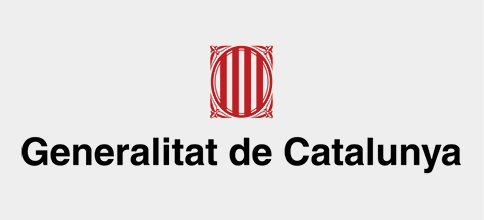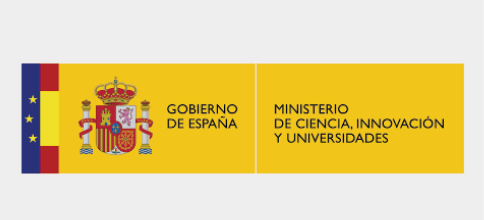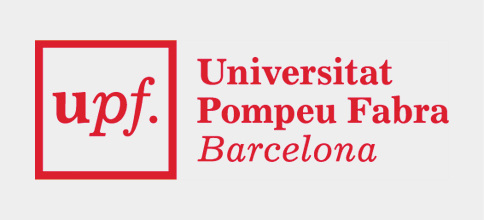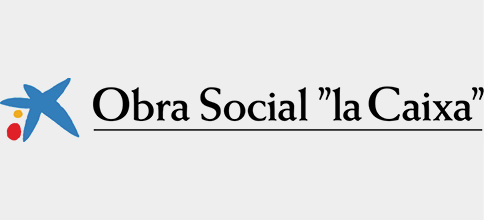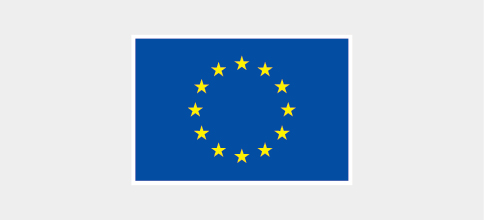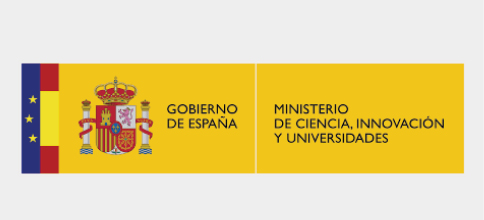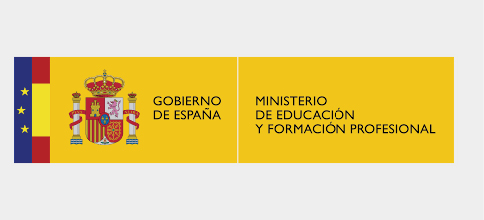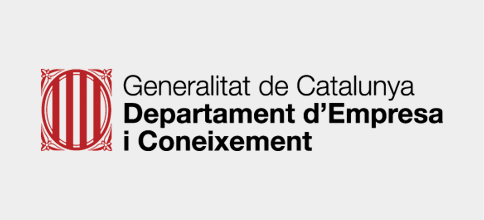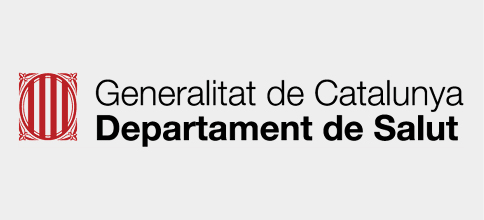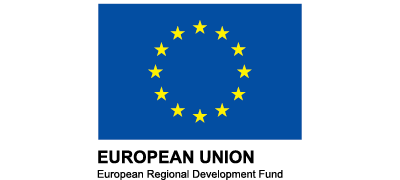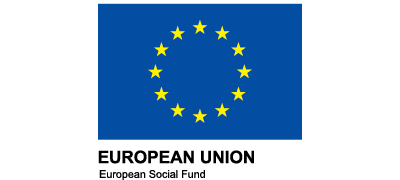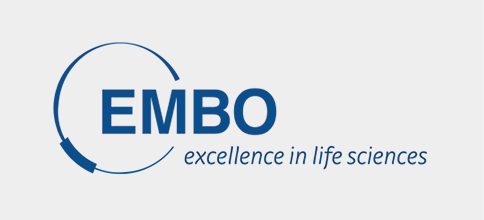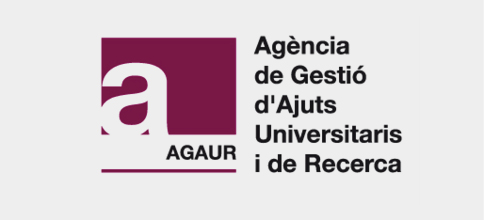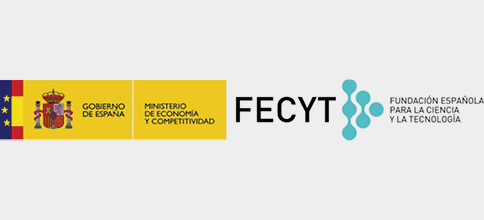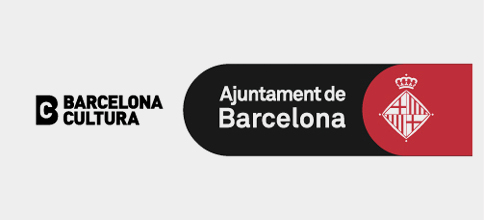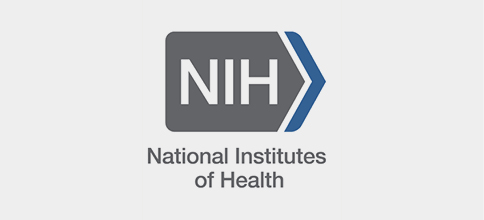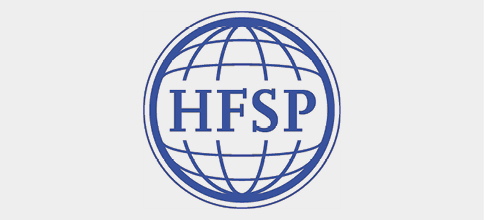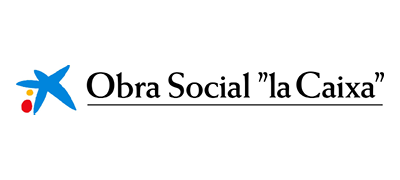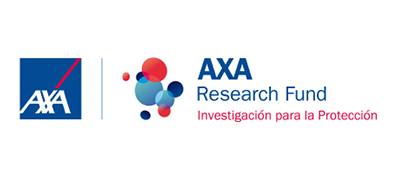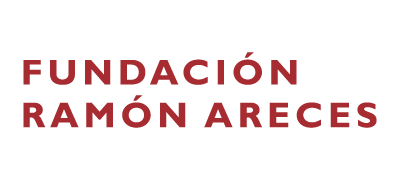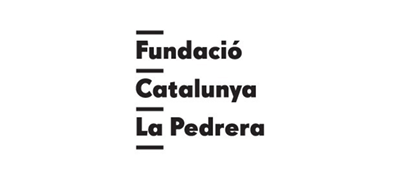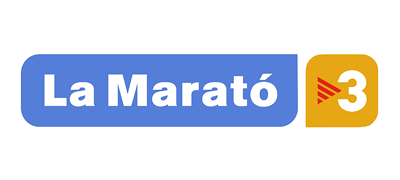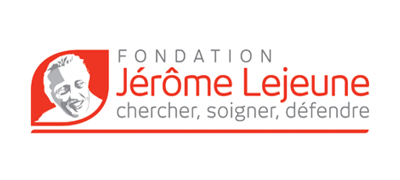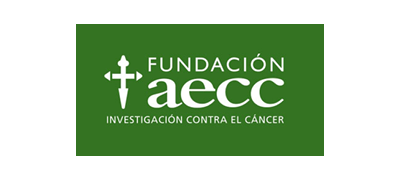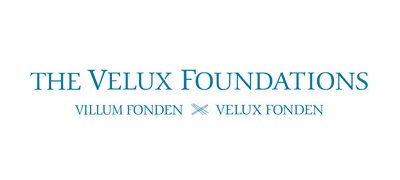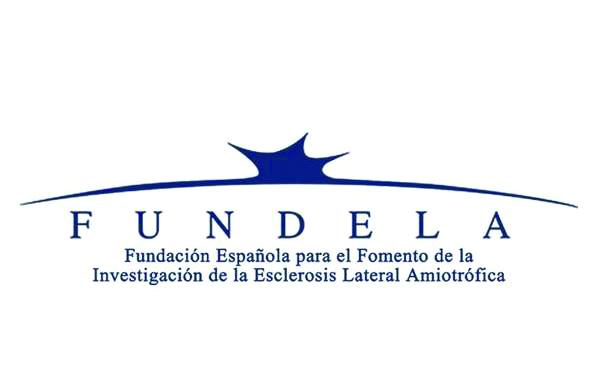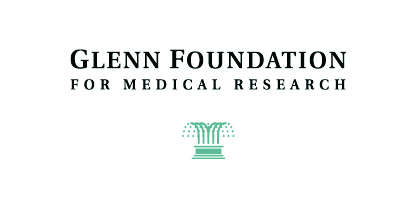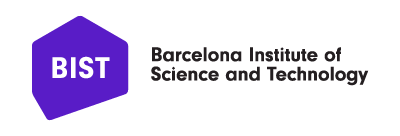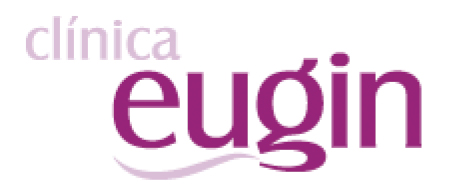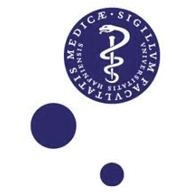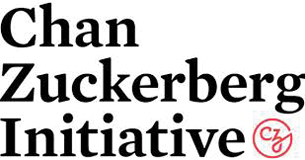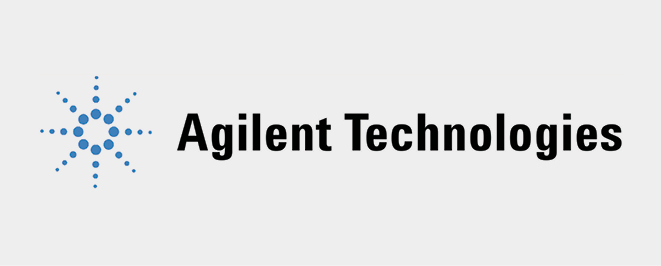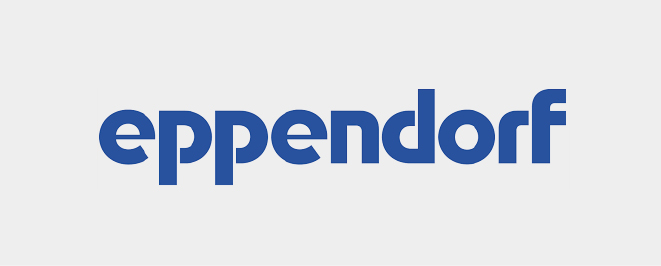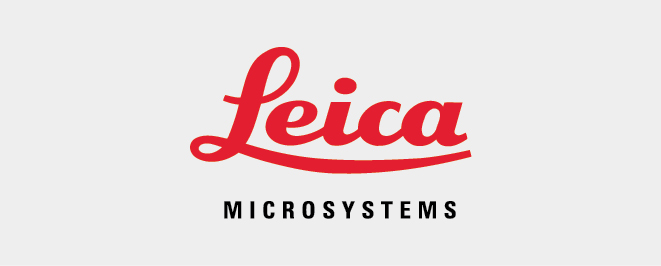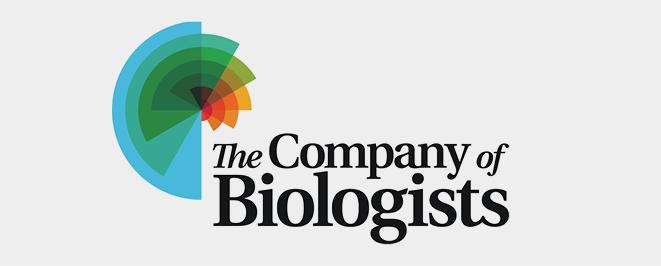PUBLIC FUNDERS
Note: ERDF and ESF funds have been instrumental over the years through different funding schemes and in a variety of activities in supporting our research and keeping our infrastructures state-of-the-art. Further details on the projects co-funded by these funds can be found in the ERDF AND ESF FUNDS AT THE CRG section (CRG website).
PRIVATE FUNDERS
The “la Caixa” Bank Foundation has supported several key initiatives at the CRG, such as its International PhD Programme since 2008 and additional scientific and outreach activities since 2014: the partnership between the CRG and the European Bioinformatics Institute (EMBL-EBI) to run the European Genome-phenome Archive (EGA) jointly, and the CRG’s first citizen science initiative ‘Saca la Lengua’ (Stick out your tongue). In the first half of 2016, the Foundation generously decided to fund the second edition of ‘Saca la Lengua’, which started in October 2016 and aims to tackle new challenges, reach target audiences and collect samples from different populations. In the first half of 2016, the Foundation generously decided to fund the second edition of ‘Saca la Lengua’, which run from October 2016 until the end of 2018. During this second edition, the project had its second tour of Spain, successfully tackling new challenges, reaching new target audiences and collecting samples from different populations and patients suffering from different diseases. In 2018, and thanks to different competitive calls, we were awarded one ‘Caixa Impulse’ award, 4 INPhiNIT PhD grants and 2 major grants from the 1st Health Research Call. The PIs Maria Pia Cosma and Fátima Gebauer received funding to develop their projects, which will explore new treatments for retinal degeneration and melanoma metastasis and progression, respectively.
The “AXA Chair in risk prediction in age-related diseases” was created in 2014 for a 15-year period with a 1-million euro endowment. Dr. Ben Lehner was appointed first chair holder to further his work in the development of personalised medicine to provide people with better protection from the unique risks they face in diseases such as cancer. In 2017, Dr. Bernhard Payer was appointed the second chair holder for a term of 3 years.
The Ramón Areces Foundation provided four-year funding for two highly-talented PhD Students to carry out their research at the CRG. The successful awarded candidates, selected from a competitive call, were Xavi Hernández (Luis Serrano lab) and María de las Mercedes Barrero (Bernhard Payer lab), that will do their PhD from September 2018 to September 2022.
The Fundació Catalunya-La Pedrera supports vocational training activities for young and talented students to nurture their interest in science and to pursue a scientific career. Key activities include scientific summer stays at MónNatura Pirineus and at the CRG, where students take part in sessions and events focused on scientific topics with the aim of eventually proposing and developing their own project idea. Since 2016, the CRG has also been one of the institutes hosting students from the Barcelona International Youth Science Challenge (BIYSC), a two-week international excellence summer programme that seeks to stimulate scientific talent among young people from all over the world and to encourage their enthusiasm for pursuing scientific research and a career in science.
The Fundació Marató TV3 funds several research projects led by CRG investigators related to different editions of the telethon: three projects from the 2012 edition on ‘Cancer’ (Thomas Graf, Pia Cosma and Susana de la Luna), two projects from the 2013 edition on ‘Neurodegenerative diseases’ (Fátima Gebauer and Luciano Di Croce), one project from the 2014 edition on ‘Heart disease’ (Gian G. Tartaglia) and two projects from the 2016 edition on ‘Strokes and traumatic spinal cord and brain injury’ (Marc Marti-Renom and Mara Dierssen), one project from the 2017 edition on ‘3D modelling of chromosomic structure in beta cells to identify genetic mechanisms of type 2 diabetes’ (Jorge Ferrer).
The relationship between the CRG and the Jerome Lejeune Foundation began many years ago. They provided support to several of Mara Dierssen’s research initiatives linked to the identification of molecular and genetic bases in several pathologies accompanied by mental retardation: Rett Syndrome, Fragile-X Syndrome, William-Beuren Syndrome and Down Syndrome. Dierssen also received the first international Sisley-Jerome Lejeune Award in 2010. In 2016, they awarded a grant to Eduard Sabidó’s project on the elucidation of the mechanism of action of epigallocatechin-3-gallate as a therapeutic agent on the cognitive phenotype in Down Syndrome mice models (2015-2017). More recently, in 2017, a new project was awarded to Mara Dierssen, entitled ‘EpiGenetic Change Generator in Down Syndrome (2017-2019).
The Spanish Association Against Cancer (AECC) has supported a number of research projects and initiatives by CRG scientists over the years. In 2015, Pedro Vizán (in Luciano Di Croce’s lab) was awarded the AECC Oncologic Research Fellowship for a project that seeks to identify and ”attack” stem cells involved in cancer, which will end in 2019. In 2018, Cátia Moutinho (in Holger Heyn’s lab) was awarded a postdoctoral fellowship for her project about single cell analysis of non-small cells lung cancer, to understand their resistance to the therapy. The fellowship will run until September 2020.
The Velux Foundations are funding the research project titled ‘Regenerating Photoreceptors in Retinitis Pigmentosa’, by our PI Pia Cosma. Retinitis pigmentosa (RP) is a severe disease that affects 1 in 3,500 individuals, who undergo progressive loss of vision and for which currently there is no cure. We intend to test cell fusion-mediated reprogramming as therapy in rd10 mice, an RP mouse model, with the ultimate goal of regenerating photoreceptors and achieving functional rescue of vision. (October 2015-February 2019).
Our PI Luciano Di Croce was awarded a grant from FUNDELA on November 2017 to address the identification of new therapeutic targets for ALS treatment by using an epigenetic factors screening. The grant ended in December 2018.
GLENN FOUNDATION FOR MEDICAL RESEARCH
The Glenn Foundation is currently funding the project ‘Temporal scaling in C. elegans aging’, by our PI Nicholas Stroustrup until October 2018.
THE BARCELONA INSTITUTE OF SCIENCE AND TECHNOLOGY (BIST)
BIST is contributing to several ongoing initiatives at the CRG. First, it is co-funding 2 FI PhD Fellowships from AGAUR in the labs of our PIs Pia Cosma and Roderic Guigó for four years. On the other hand, 2 projects from Ignite Calls from BIST were awarded to CRG researchers. The first one is by Victoire Neguembor (Pia Cosma lab) and is entitled ‘GenStorm: an integrated approach to visualize and model the spatial conformation of genes at the nanoscale level’. The second was awarded to Jofre Font (Miguel Beato lab), to the project ‘Role of phase separation in gene regulation and chromatin architecture’.
In March 2018, CRG and Eugin signed a collaboration agreement on molecular research applied to assisted reproduction. The project entails creation of four working groups that will focus their research on gaining insights into the aging of ovules, their sensitivity to the passage of time, and studying whether changes in vaginal microbiota have an impact on assisted reproduction. CRG groups involved are those of Isabelle Vernos, Toni Gabaldón, Bernhard Payer and Elvan Böke. This agreement consolidates a relationship already existing between the two organizations, through the group of Isabelle Vernos, with whom Eugin worked for four years to promote interdisciplinary research geared to patients and society.
THE NOVO NORDISK FOUNDATION CENTER FOR BASIC METABOLIC RESEARCH
Through an international research alliance with Jorge Ferrer, the project “Identification and functional characterization of novel genes and regulatory genomic regions associated with Maturity-Onset Diabetes of the Young (MODY)” is being developed. The main objective of this project is to identify and characterize novel molecular mechanisms causing early-onset autosomal dominantly inherited human hyperglycemia including novel subsets of MODY. The project started at IDIBAPS in June 2015, it was transferred to CRG in October 2018 and will end in December 2019.
CHAN ZUCKERBERG INITIATIVE (SILICON VALEY COMMUNITY FOUNDATION)
The Chan Zuckerberg Initiative (CZI), an advised fund of Silicon Valley Community Foundation awarded a grant to Holger Heyn, from CNAG-CRG, and to other 84 projects, to support the Human Cell Atlas (HCA), a global effort to map every type of cell in the healthy human body as a resource for studies of health and disease. The project awarded to Heyn is entitled “Benchmarking single-cell RNA sequencing methods” and will run from April 2018-March 2019.
